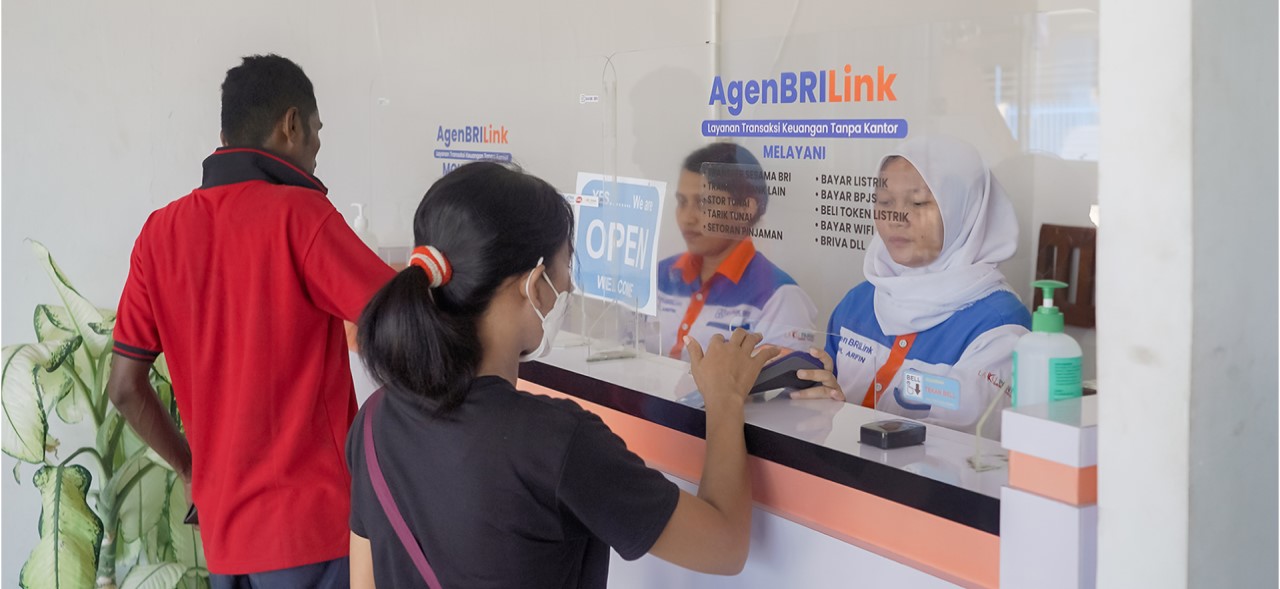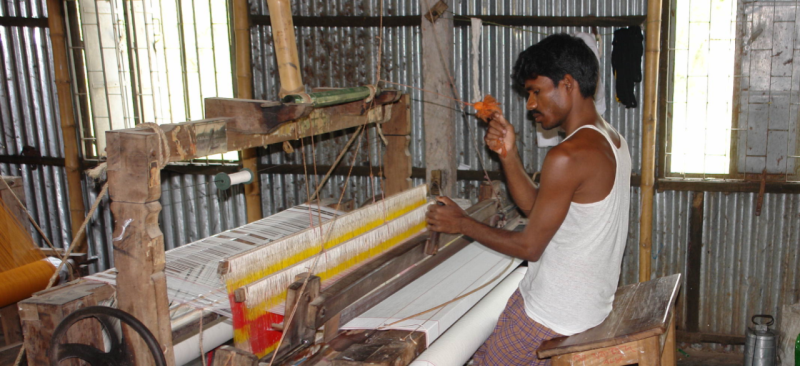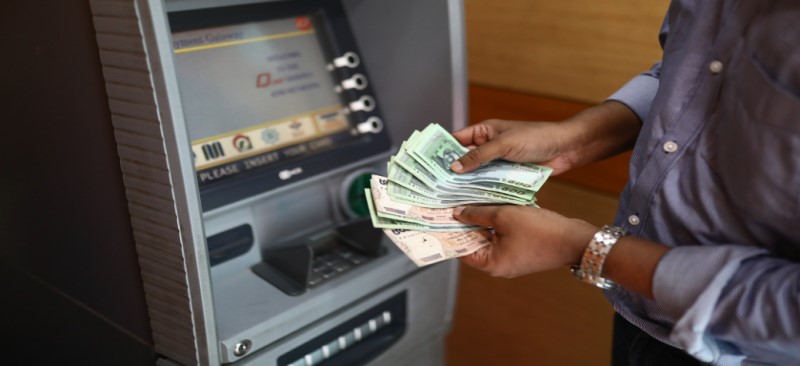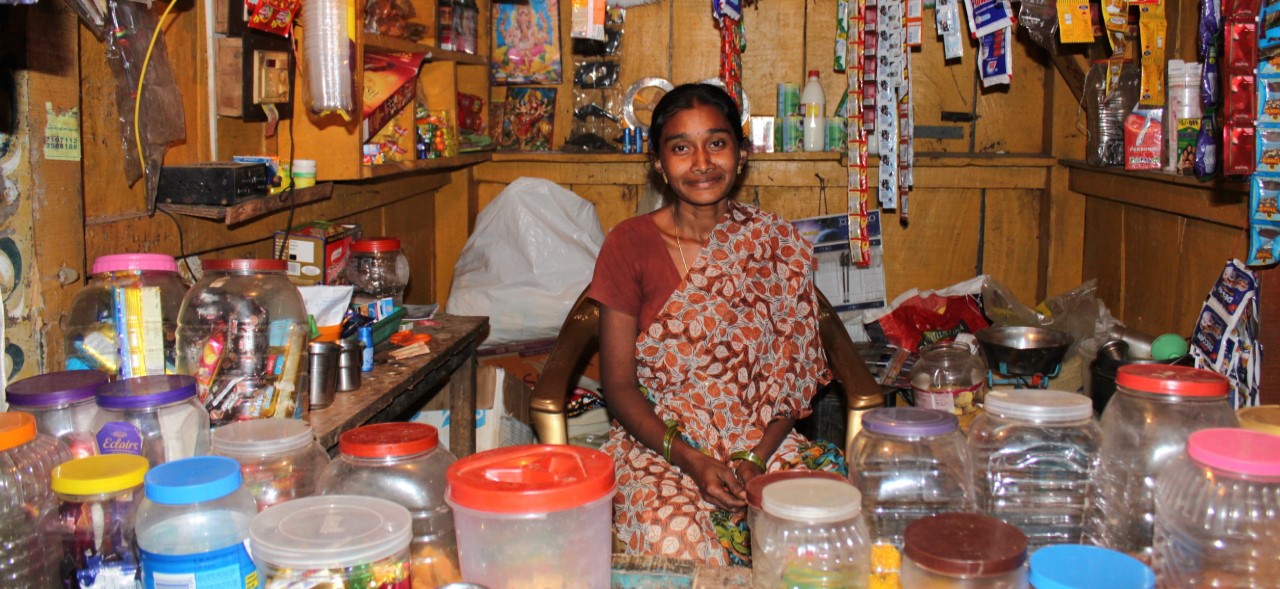Anik Muntasir Chowdhury

Anik Muntasir Chowdhury
Anik Muntasir Chowdhury is a Consultant for Bangladesh in the Digital Financial Services - Payments and Distribution domain of MSC.
He has five years of work experience in economic & development policy research, financial inclusion, organizational strategy, market landscaping, and social research. He has worked in projects with ministries, government departments, think tanks, national and international NGOs, ready-made garment (RMG) industry, research organizations and development agencies such as the World Bank, UNFPA, UNDP, USAID, the MetLife Foundation, the Bill & Melinda Gates Foundation, CARE, and ActionAid in Bangladesh and India. His areas of expertise include program design, policy research, impact evaluation, research design, training of trainers, strategic decision making, market system development, and framework modeling.
Posts by Anik Muntasir Chowdhury
 Publication
Publication
Anik Muntasir Chowdhury and M.K.M. Wahid Uddin Robin
How can local bank branches in Bangladesh drive Bangla-QR’s adoption?
 Publication
Publication
Surbhi Sood, Nikhita Jindal, Mandira Sharma, Raunak Kapoor and Anik Muntasir Chowdhury
Cash-in and cash-out (CICO) agent use cases: Opportunities for diversification
 Blog
Blog
Samveet Sahoo, Anik Muntasir Chowdhury and M.K.M. Wahid Uddin Robin
Weaving a financial security net for Bangladesh’s garment workers
 Blog
Blog
Anik Muntasir Chowdhury, Samveet Sahoo and Sunil Bhat
Credit for low- and moderate-income people in Bangladesh—can new-age banks and FinTechs deliver the regulator’s wish?
- 1
- 2

